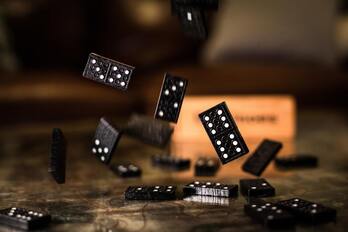
But I do this every year, so I know it’s coming. This is the point where everything is messy, where everything is in progress but unfinished, so unfinished that it’s hard to imagine it being finished. But I know that it always gets finished. And so I tell my students that this is like dominoes. I’m not sure if kids still play with dominoes, but they generally know what they are. And we talk about the tedious process of setting up the dominoes, of making sure that they’re evenly spaced – not too close together and not too far apart, of how uncomfortable it gets to kneel on the floor and hunch over these fussy little tiles. I tell them about how long it takes to get everything set up properly, especially if you want to do a really good job.
And then I tell them about what happens next, after you’ve spent all that time lining every piece up perfectly. You get to knock them all down! And each domino tips into the one next to it, flying down the line, twisting and turning according to your personal vision. It’s awesome! And this is exactly what you get to do with your applications.
Once you’ve written and revised and polished your personal statement, you get to paste it into the Writing section. Once you’ve puzzled over how to condense four years of speech and debate into one perfect 150-character line, you get that satisfying green checkmark next to Activities. And once you’ve met with your counselor and your teacher and requested your letters of rec, your Recommenders & FERPA section is ready to go. And now you get to knock down your application dominoes!
Every school that doesn’t have a writing supplement can now be submitted. As soon as you finish one school’s essay about how you’ll contribute to the campus community, you get to submit another application. And when you finalize your Honors College essay, you get to submit another application. It takes a long time to line up all the pieces, but as soon as you do, you get to submit applications left and right.
So whether you’re at the beginning or middle of this process, or creeping up to that finish line, know that you’re exactly where you’re supposed to be. And the best part is right around the corner.
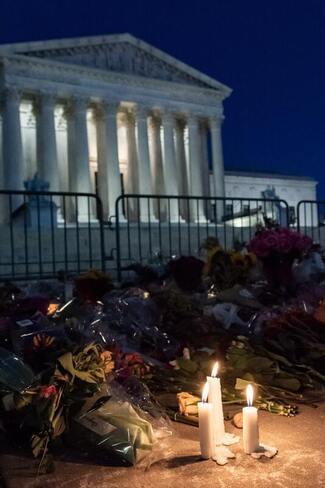
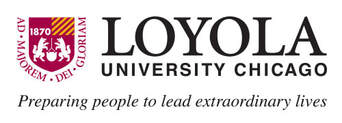
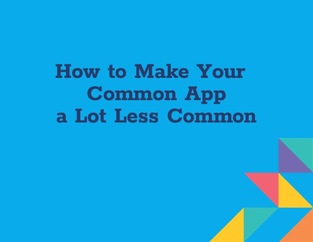
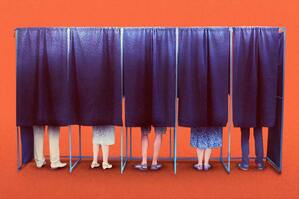
 RSS Feed
RSS Feed